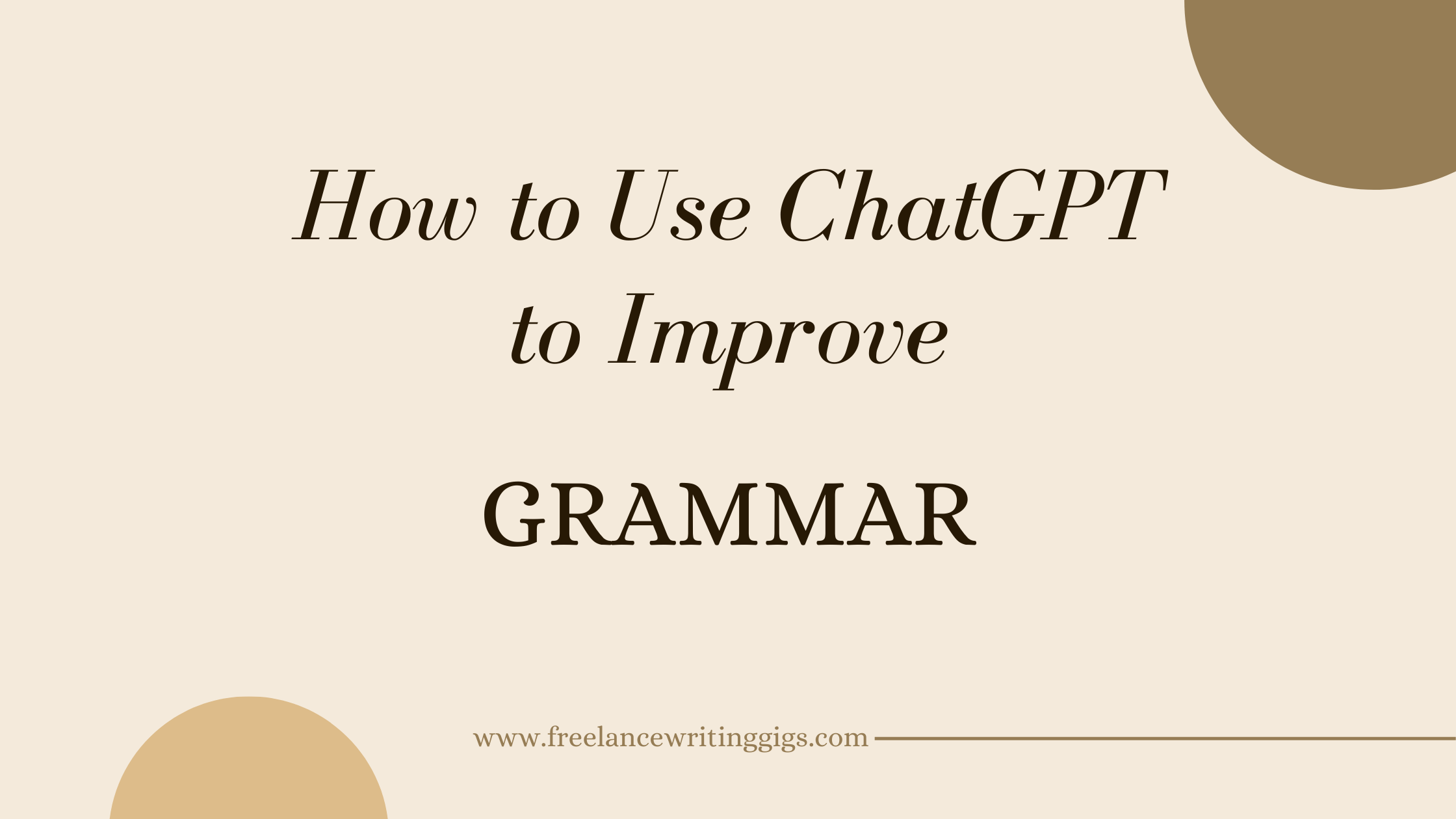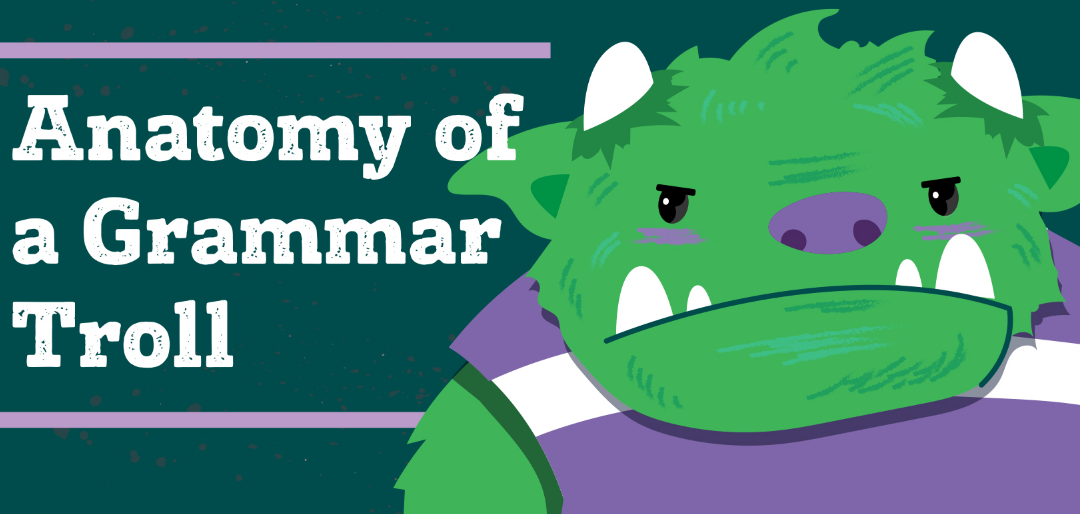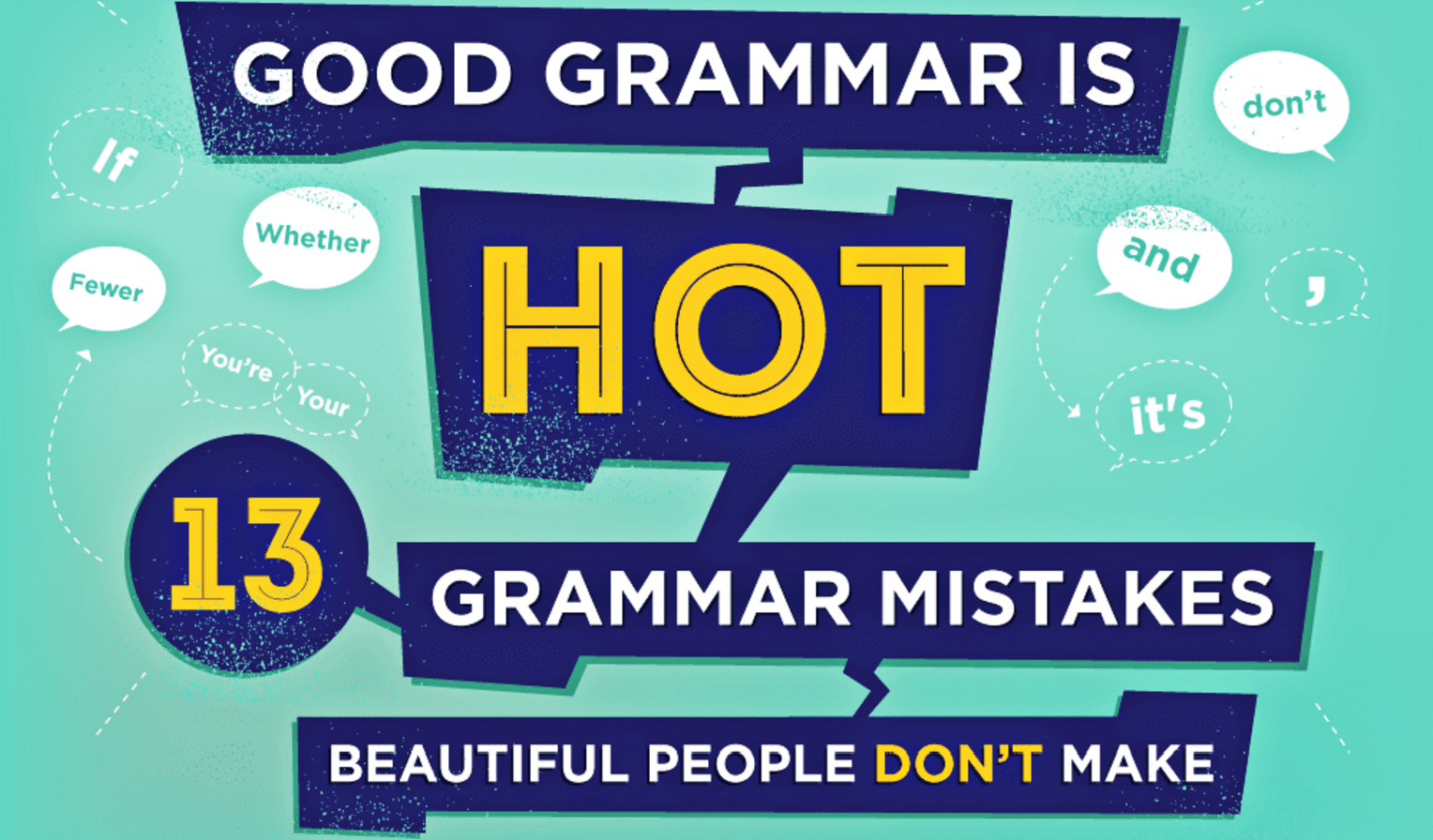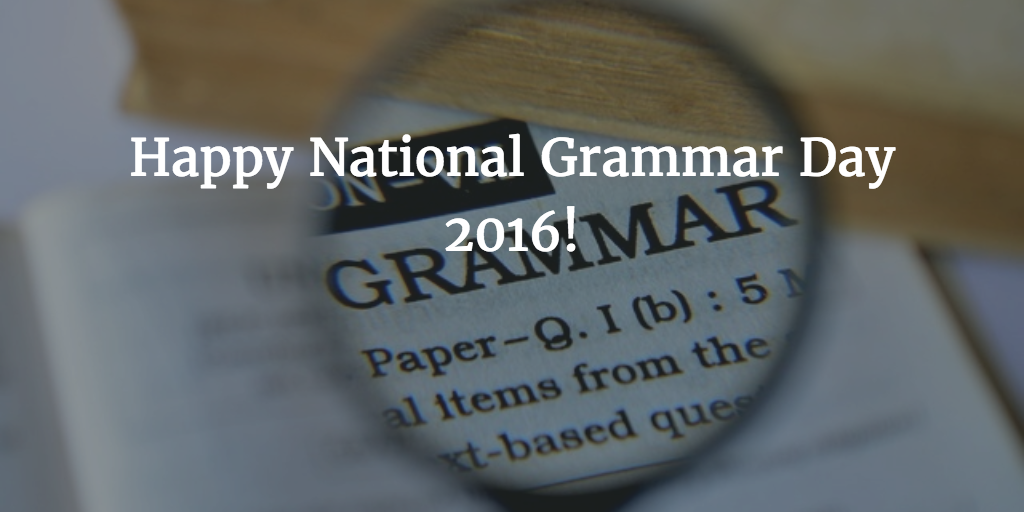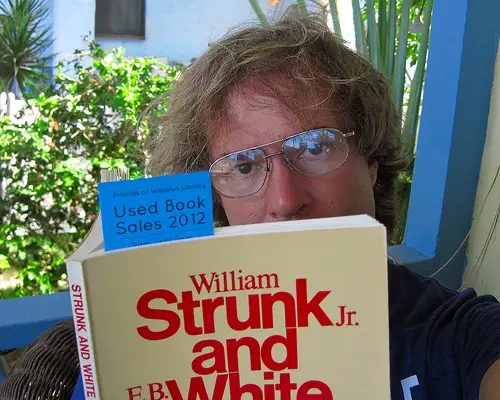grammar
-
Essential Grammar Tools and Resources for Freelance Writers
Grammar proficiency is a vital skill for freelance writers, as it ensures…
-
What Are the Best AI Writing Tools for Freelance Writers?
Freelance writers are increasingly turning to artificial intelligence (AI) writing tools to…
-
How to Use ChatGPT to Improve Grammar
As a writer, you know how important it is to communicate effectively…
-
Grammar Tips and Proper Vocabulary Usage for Freelance Writers
With the rise of remote work and the freelance economy, many people…
-
Happy National Grammar Day! Are You a Grammar Troll?
Rejoice, members of the Grammar Police. It’s your day today. Let’s hereby…
-
13 Grammar Mistakes Beautiful People Don’t Make
I have a feeling I’m going to get in trouble with this…
-
Happy National Grammar Day 2016!
Today is National Grammar Day (as if you didn’t know that already!),…
-
Are You Writing for the Wrong Reasons?
I have been thinking about why I write for the past several…
-
What Goes With Compare – With or To?
I love our Facebook community! Not only do I read interesting –…
-
It’s Not Wrong, Just Different
I have not visited a different country this year (so far), and…



